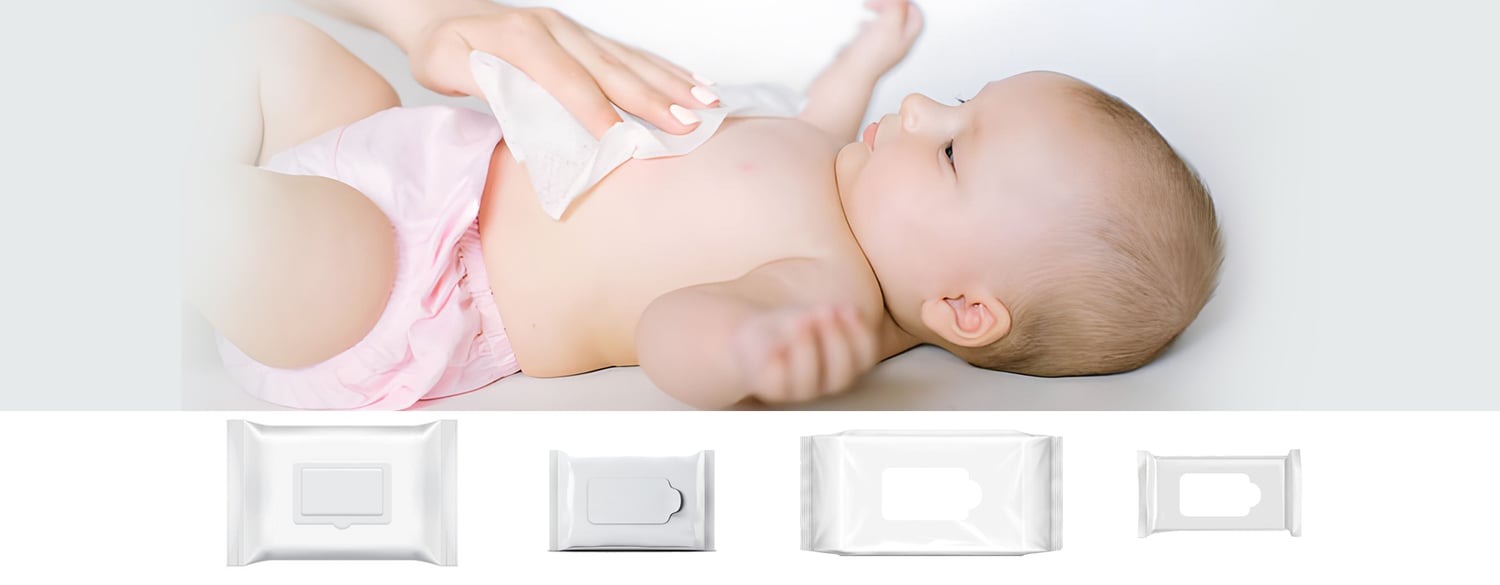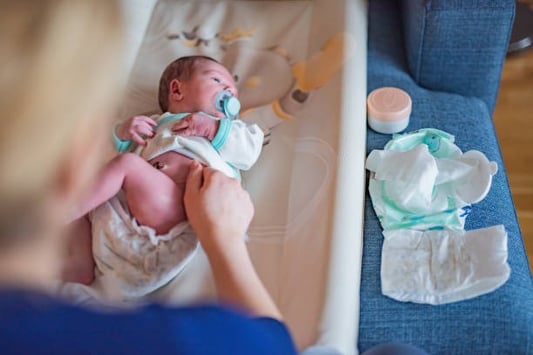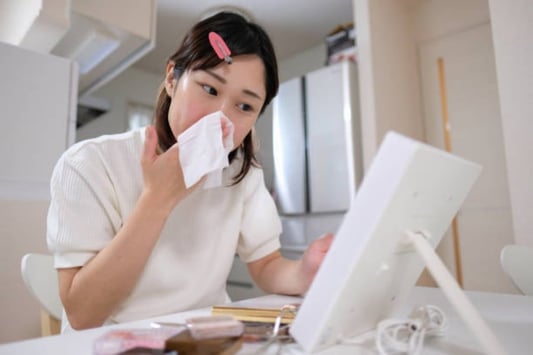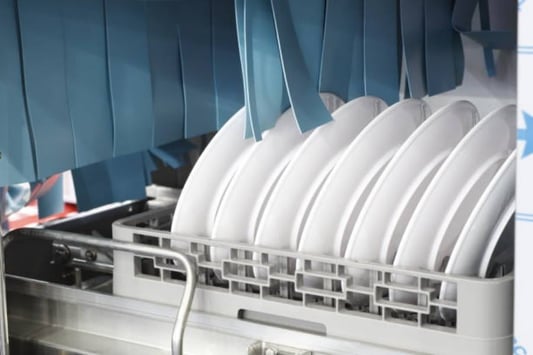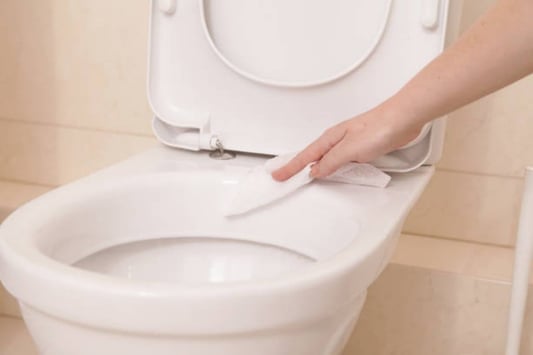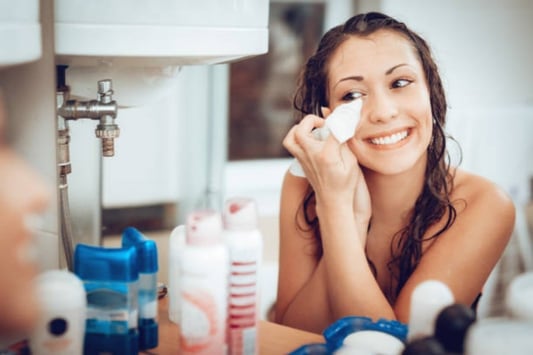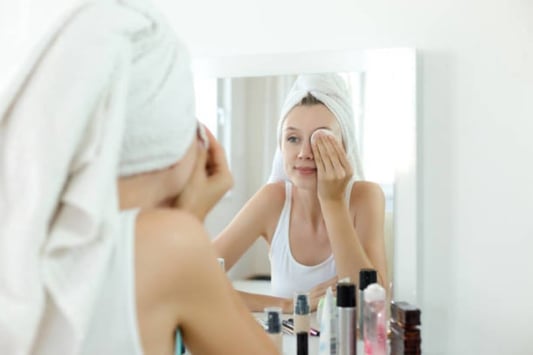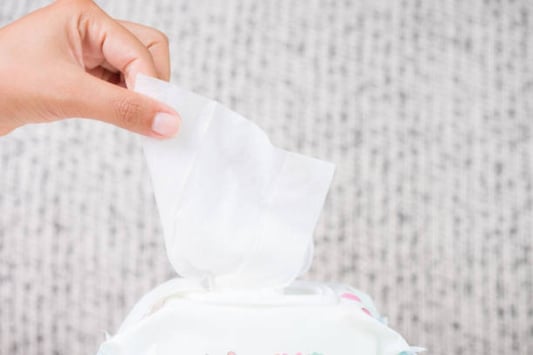The Importance of Choosing cat safe wet wipesCats are known for being fastidious creatures who spend a good portion of their day grooming themselves. However, there are times when they need a little extra help to stay clean and healthy. While regular wet wipes may seem like a quick solution, they can actually be harmful to cats. That's why it's important to choose cat safe wet wipes that are specifically formulated for feline use.What Are Cat Safe Wet Wipes?Cat safe wet wipes are specially designed wipes that are safe for use on cats. They are made using gentle and non-toxic ingredients that won't irritate a cat's sensitive skin. They are also free from harmful chemicals that can be ingested during grooming, which can lead to health problems.When to Use Cat Safe Wet Wipes?There are several occasions when cat safe wet wipes can come in handy. For instance, if your cat has been outside exploring, they may come home with dirt and debris on their fur. Cat safe wet wipes can help remove these pollutants, preventing them from ingesting them while grooming. Additionally, if your cat has a skin condition, they may need extra attention, and cat safe wet wipes can help keep their coat and skin clean.The Benefits of Using Cat Safe Wet WipesCat safe wet wipes offer several benefits for both cats and their owners. Firstly, they help keep your cat's skin and coat in good condition, which can lead to better overall health. They also prevent the spread of dirt and germs, which is particularly important if you have young children who play with your cat. Additionally, they are convenient and easy to use, making them a must-have item for any cat owner.What to Look for in Cat Safe Wet Wipes?When choosing cat safe wet wipes, there are several things you should look for. Firstly, they should be made from natural and safe ingredients, free from any chemicals that can harm your cat. They should also be hypoallergenic and pH-balanced to prevent any skin irritation. Additionally, they should be durable and soft enough to remove dirt and debris effectively.How to Use Cat Safe Wet Wipes?Using cat safe wet wipes is easy and straightforward. Simply take a wipe and gently rub it over your cat's fur or skin. Start from their head and work your way downwards, making sure to avoid their eyes and face. Use a fresh wipe for each area of your cat's body, and dispose of used wipes safely. Repeat the process until your cat is clean and fresh-smelling.The Best Cat Safe Wet Wipes on the MarketThere are several cat safe wet wipes on the market, each with its own pros and cons. Some of the most popular brands include Earthbath Cat Wipes, Petkin Cat Wipes, and Pogi's Grooming Wipes. When choosing a brand, make sure to read reviews from other cat owners to ensure that the product is effective and safe.Cat Safe Wet Wipes vs Cat ShampooCat safe wet wipes are a great alternative to cat shampoo, particularly for cats who don't like baths. They are less messy than shampoo and don't require any water. Additionally, they are great for spot cleaning and touching up areas in between baths. However, if your cat has a skin condition or is particularly dirty, shampoo may be a better option.The Cost of Cat Safe Wet WipesThe cost of cat safe wet wipes can vary depending on the brand and the number of wipes in each pack. On average, a pack of 100 cat safe wet wipes can cost between $8 and $20. While they may seem more expensive than regular wet wipes, they are an investment in your cat's health and well-being.ConclusionCat safe wet wipes are essential items for any cat owner. They are a convenient and effective way to keep your cat clean and healthy. When choosing cat safe wet wipes, make sure to look for products that are natural, safe, and effective. With the right cat safe wet wipes, you can ensure that your cat looks and feels its best.Quote InquiryContact Us

